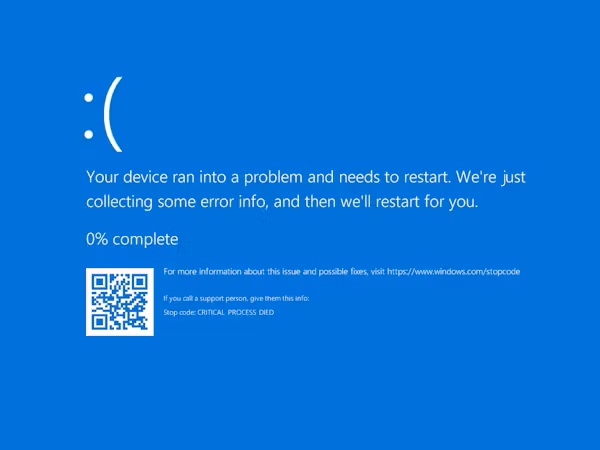Global Computer Failure Affects Tocumen Airport in Panama

In today’s highly interconnected, technology-dependent business world, a small failure can trigger a chain reaction with far-reaching consequences. The recent global computer outage affecting banks, airlines and media outlets offers a valuable lesson about the fragility of complex systems and the importance of robust risk management. How did the global computer failure affect Tocumen Airport? The global failure of Microsoft systems following the update of a cybersecurity component of the company Crowdstrike, affected passenger check-in operations at Tocumen International Airport in the early hours of Friday, July 19, but did not interrupt flights or communications with airlines. This was reported by Claudio Dutary, Operations Manager of Tocumen International Airport, who indicated that at the first passenger exit bank, the check-in process was delayed between 15 to 20 minutes and the procedure was carried out manually. Many computer screens were viewing the famous Microsoft Windows Blue Screen of Death……

“In terms of passenger service at Tocumen Airport and passenger check-in by airlines, there were some delays in departure… The first bank of operations was affected for 15 to 20 minutes; it was not a major impact. And I should also indicate that since approximately 2:00 a.m., the entire technology team at Tocumen Airport, together with the technology teams of the airlines, Copa, United, American, etc., were in contact and working to restore our systems,” explained Dutary. The official said that neither air activity nor communications with flights or the control tower were affected, and that they continue to operate completely normally.
“The systems that have to do with aircraft management, everything that has to do with flight plans, everything that has to do with communication between the airport and the navigation systems with the control tower, the radar systems, none of that was interrupted or affected in any way, as indicated by the Civil Aeronautical Authority,” said Dutary. A seemingly routine update to an anti-virus program triggered a “fatal error” in Windows systems, causing disruptions to flights, radio and television broadcasts, and banking and grocery operations around the world. This incident perfectly illustrates several key principles of how complex systems fail.
The incident was not caused by a single bug, but by a combination of factors: an out-of-date antivirus, vulnerability in Windows, and possibly a lack of adequate backup systems. The antivirus update, intended to improve security, inadvertently introduced a new vector of failure. Employees working to keep systems within tolerable performance limits are crucial. Companies should value and support these efforts. The recent global computer outage serves as a powerful reminder of the complexity and interconnectedness of today’s business world. The bottom line? Complete your Windows updates as required.
The American company Crowdstrike, whose software caused a massive global computer blackout on Friday, took advantage of the emergence of cloud computing to become a key player in cybersecurity in just over a decade. The failure was caused by the group’s software update on the Windows operating systems of the giant Microsoft and caused chaos in numerous IT facilities around the world, from airports to hospitals. This incident brought to light the little-known influence of Crowdstrike in the digital sector. Major U.S. airlines suspended flights early Thursday due to “communications issues,” the Federal Aviation Administration said. In Switzerland, Zurich Airport, the country’s largest airport, said it had suspended landings until further notice. In addition to airlines and airports, the computer failure also affected Dutch hospitals, the London Stock Exchange and the British railway operator.





